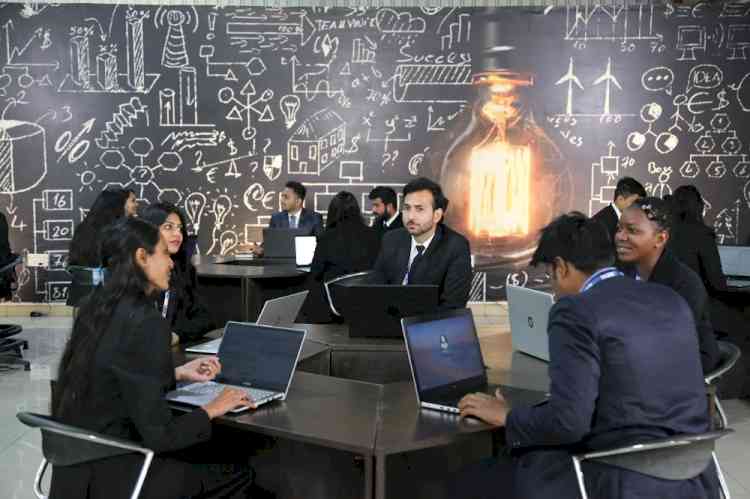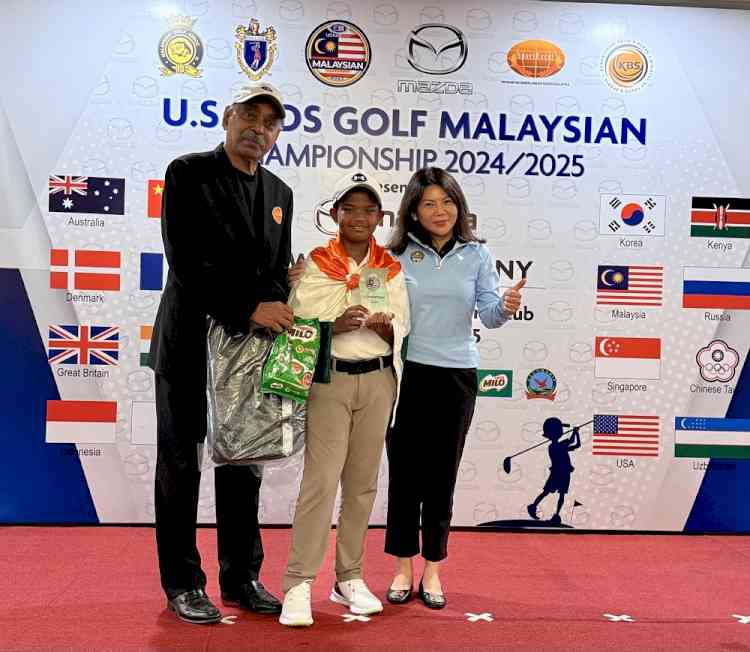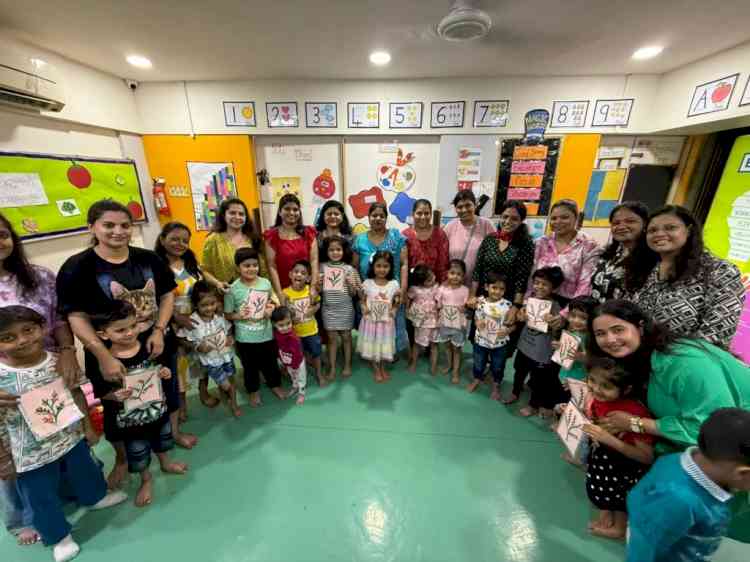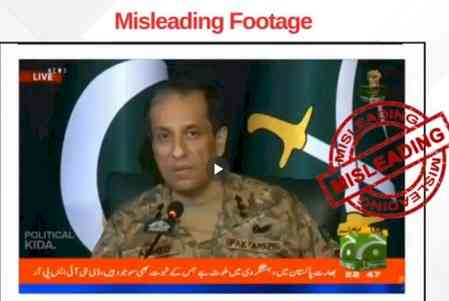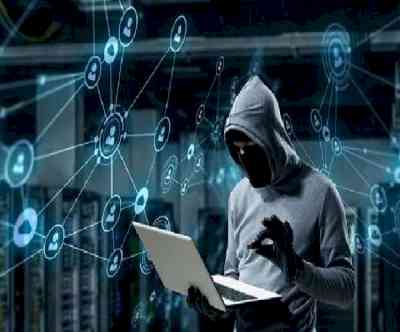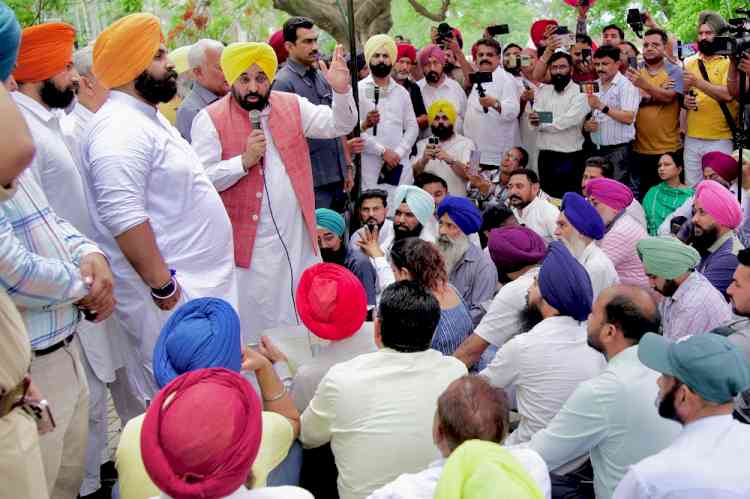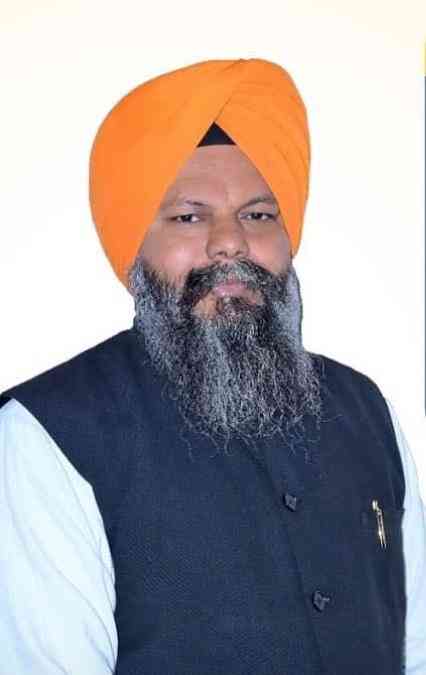Special Lecture on “Challenges to Contemporary Peacekeeping” by Lt. Gen. Iqbal Singh Singha

Chandigarh, April 26, 2019: The Department of Defence and National Security Studies, Panjab University, Chandigarh organised a special lecture on the theme “Challenges to Contemporary Peacekeeping” by Lt.Gen.Iqbal Singh Singha (Retd.), here today in the department premises.
Gen Singha, former Head of Mission and Force Commander of the United Nations Disengagement Observer Force (UNDOF), emphasised on the requirement of transforming the traditional peacekeeping missions in order to meet the requirements of the evolving nature of conflicts and the international security environment. He defined peacekeeping as the activity which is aimed at creating conditions that favour lasting peace, in an area which is otherwise conflict ridden. He discussed various concepts such as Peacekeeping, Peace Making, Peace Enforcement etc. while highlighting the
basic factors required for the success of such missions. He also discussed the various United Nations’ laws related to peacekeeping. A peacekeeping mission usually comprises of elements from the military, police as well as some civilian personnel who are employed in the troubled region as per the mandate decided by the United Nations. He also spoke about conflict resolutions and highlighted the importance of institutions in keeping a nation strong. He said that re-establishing institutions should be taken up as the most important objective in post conflict reconstruction. He said that the presence of peacekeepers in any areas help in reducing the risk of conflict however they cannot eliminate the possibility of the eruption of a conflict. He explained how peace enforcement operations are meant to act with or without the consent of belligerents in order to ensure the maintenance of a ceasefire of treaty as mandated by the United Nations Security Council.
Talking about the evolving requirements of peace keeping operations, Gen Singha explained how in the earlier times, peacekeeping operations were relatively less complex as they involved state actors. However, since the 1990’s most of the missions have been to areas facing intrastate conflicts where the peacekeeping task becomes much more complex. Gen Singha explained how he was able to ensure the release of all of 180 peacekeepers which were captured by various factions of the Syrian opposition forces during over 10 major incidents while he was leading the un peacekeeping force
in Syria along the Israeli border from 2012 to 2015 when the Syrian Civil war was at its peak.
He highlighted the fact that the prime concern of the forces deployed under the U.N.mandate is to ensure the safety of the civilians located in their area of responsibility. He also discussed the various challenges which are faced by the
peacekeeping forces in mission areas. The peacekeeping forces are required to always stay prepared to be able to deal with situations such as abductions, carjacking, incidents of firing, road-block, as well as misinformation campaigns. While discussing the various challenges faced by peacekeeping forces such as abductions, carjacking, as well as incidents.
He explained how there a perception difference between the two groups of nations has always been, one of which comprises the U.S.A. and the European Powers, who are the biggest financial contributors, who call for U.N. forces to be more assertive in the conduct of these operations. The other group, which includes various South Asian and African countries who are the major troop contributors, who are concerned about the threats to the lives of the peacekeepers which is gradually increasing because of the intrastate nature of the present-day conflicts.
Therefore, it is important for the peacekeepers to be equipped with sophisticated weapons, bullet proof vehicles so that they can successfully able to enforce the mandate of the United Nations Security Council.
The lecture was attended by members of the faculty members, serving and retired armed forces officers pursuing various courses in the department, research scholars and students. The lecture was followed by a questions and answers session with the audience.


 cityairnews
cityairnews 
